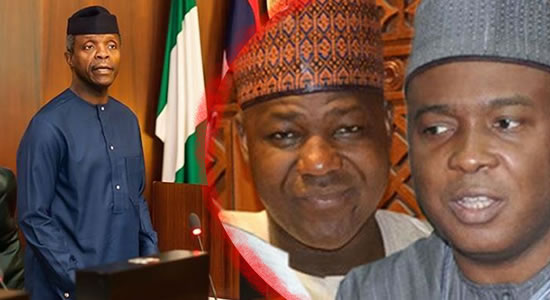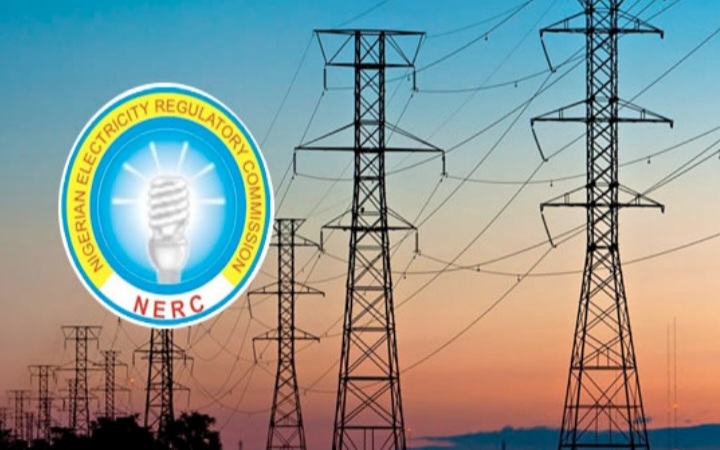The Presidency is reportedly perfecting plans to drag the Nigerian Senate before the Supreme Court. The move is intended to allow the apex Court interpret the Provisions of Section 171 of the 1999 which gives the President the power to make certain appointments without recourse to the Senate for confirmation.
According to Dailytrust, the decision to approach the Supreme Court was taken after the presidency legal advisory submitted a report, stating that only the court could resolve the lingering face-off between the Presidency and the Senate over the power to confirm some nominees, especially the Chairman of the Economic and Financial Crime Commission (EFCC).
The committee was said to have relied on an earlier ruling of the Supreme Court, which declared that “wherever and whenever the Constitution speaks, any provision of an Act/Statute, on the same subject matter, must remain silent.”
The ruling was given by Justice Walter Onnoghen, before his appointment as the Chief Justice of Nigeria.
The source from the Presidency was quoted as saying ‘’...So we are clearly not acting unilaterally based on our own interpretation of the law, even though we believe firmly we are right. Here is the point: The Presidency believes that Section 171 is clear that certain appointments do not require Senate consent but it is not already behaving as if its interpretation of the law has become a policy."
“The Presidency is persuaded that its interpretation is the correct one, but we are conscious and aware of the fact that only a proper judicial ruling on the matter would make it a settled policy that sits right with the rule of law. That is why we have not stopped sending all manner of nominations to the Senate, most of which the Senate has actually confirmed, even well after the Acting President spoke.”
Recall that recently, the Senate resolved not to entertain any correspondent from the Presidency on the confirmation of nominees. The Lawmakers claimed that their decision followed the refusal by the President to remove the Acting Chairman of the EFCC whose nomination was roundly rejected.
The Senate also frowned at the statement credited to the Acting President that some political appointment should not be subject to Senate confirmation.
While the decision to approach the Supreme Court may put to rest issues relating to the powers of both arms to appoint and confirm nominees, the decision may further worsen the already frosty relationship between the two arms of government.





















